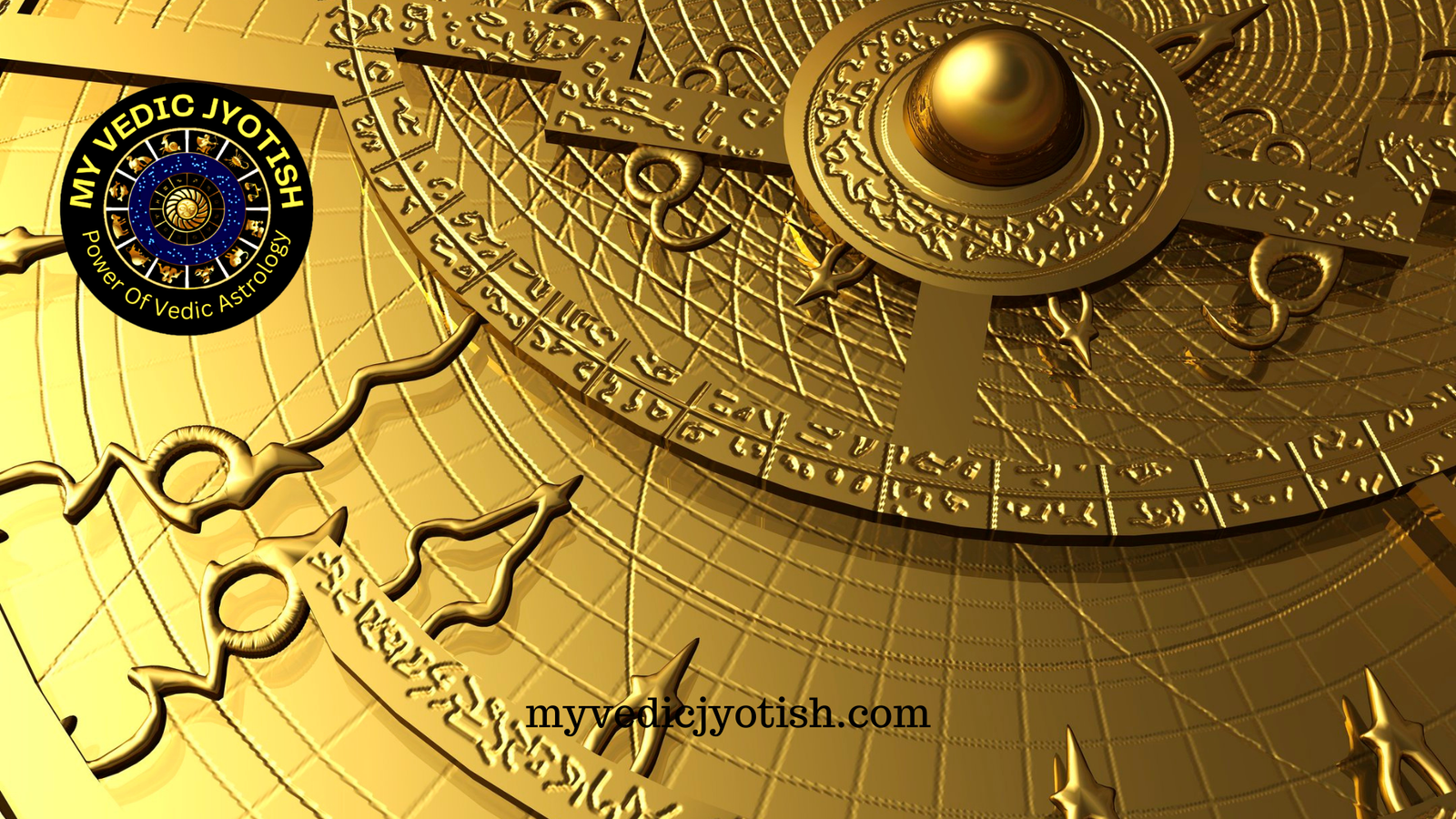Vedic astrology, also known as Jyotish, is an ancient system of divination that originated in India thousands of years ago. It is based on the principles and teachings found in the Vedas, the sacred texts of Hinduism. Vedic astrology offers profound insights into human existence, providing guidance and predictions about various aspects of life, including career, relationships, health, and spirituality. In this article, we will delve into the basics of Vedic astrology, exploring its fundamental concepts, unique features, and key components.
The Foundation of Vedic Astrology
Vedic astrology operates on the belief that the positions and movements of celestial bodies, including the sun, moon, planets, and stars, influence human life and events on Earth. It embraces the concept of interconnectedness between the macrocosm (the universe) and the microcosm (human beings). By analyzing the planetary placements at the time of a person’s birth, Vedic astrologers aim to uncover the influence of these celestial forces on an individual’s personality, behavior, and life experiences.
The Zodiac System
The zodiac system in Vedic astrology differs from its Western counterpart. Instead of dividing the sky into twelve equal sections, Vedic astrology uses a sidereal zodiac, which considers the fixed position of stars. The sidereal zodiac is divided into 12 signs, known as “Rashis,” each spanning 30 degrees. The Rashis retain the names of their Western counterparts but are aligned differently due to the precession of the Earth’s axis.
The Birth Chart (Kundli)
A key element of Vedic astrology is the birth chart, known as the “Kundli” or “Janam Patri.” The Kundli is a graphical representation of the positions of celestial bodies at the exact time, date, and location of an individual’s birth. It consists of twelve houses, each associated with various aspects of life, such as career, relationships, and health. The planets and signs present in these houses provide insights into specific areas of influence and potential outcomes.
The Nine Planets
Vedic astrology recognizes nine planets, including the Sun (Surya), Moon (Chandra), Mars (Mangal), Mercury (Budha), Jupiter (Guru), Venus (Shukra), Saturn (Shani), Rahu (the North Node of the Moon), and Ketu (the South Node of the Moon). Each planet represents unique energies and influences that shape different facets of life. The planetary positions in the birth chart are analyzed to determine their strengths, weaknesses, and interactions, enabling astrologers to make predictions and offer guidance.
Yogas and Dasha Systems
Yogas are planetary combinations or alignments that possess significant influence in Vedic astrology. These yogas, such as Raj Yoga or Gaja Kesari Yoga, are formed when certain planets come together in specific houses and positions. They indicate favorable conditions and can enhance the overall life prospects of an individual.
The Dasha system is a predictive tool used in Vedic astrology. It divides an individual’s life into major and minor planetary periods, or “dashas,” which span different lengths of time. Each dasha is ruled by a particular planet and signifies a distinct phase in a person’s life. The dasha system provides insights into the timing of events and helps astrologers make accurate predictions about future developments.
Remedies and Consultation
Vedic astrology not only identifies potential challenges and opportunities but also offers remedies to mitigate unfavorable planetary influences. Remedies may include wearing gemstones, performing specific rituals or prayers, observing fasting, or engaging in acts of charity. Additionally, individuals seeking guidance may consult with Vedic astrologers, who possess expertise in analyzing birth charts, interpreting planetary influences, and providing personalized advice based on the individual’s unique circumstances.
Vedic astrology is a profound and intricate system that offers insights into the complexities of human existence. By studying the celestial forces and their impact on individual lives, Vedic astrologers aim to provide guidance, predict future events, and help individuals navigate challenges. Understanding the basics of Vedic astrology, including the zodiac system, birth charts, planetary influences, yogas, and dasha systems, can provide a foundation for further exploration and engagement with this ancient wisdom.



